11 Oral Microbiome Myths: What You Really Need to Know for Lifelong Health
Your mouth isn’t just where conversations start—it’s where your health begins. Inside it lives an entire ecosystem: the oral microbiome. This dynamic community of bacteria, fungi, and other microbes doesn’t just influence your teeth and gums—it shapes your immunity, digestion, and even heart health. Yet despite its importance, the oral microbiome is surrounded by myths that have warped how we think about hygiene, diet, and disease. From the obsession with ‘killing all germs’ to the idea that bad breath is just about brushing more, misinformation runs deep. But here’s the truth: caring for your oral microbiome isn’t about waging war—it’s about creating balance. In this article, we’re busting 11 common myths with science-backed insights that could reshape the way you care for your body, starting with your mouth. Because sometimes, the smallest ecosystems have the biggest impact—and the best health practices begin with the truth.
Myth 1: Oral Bacteria Are All Harmful
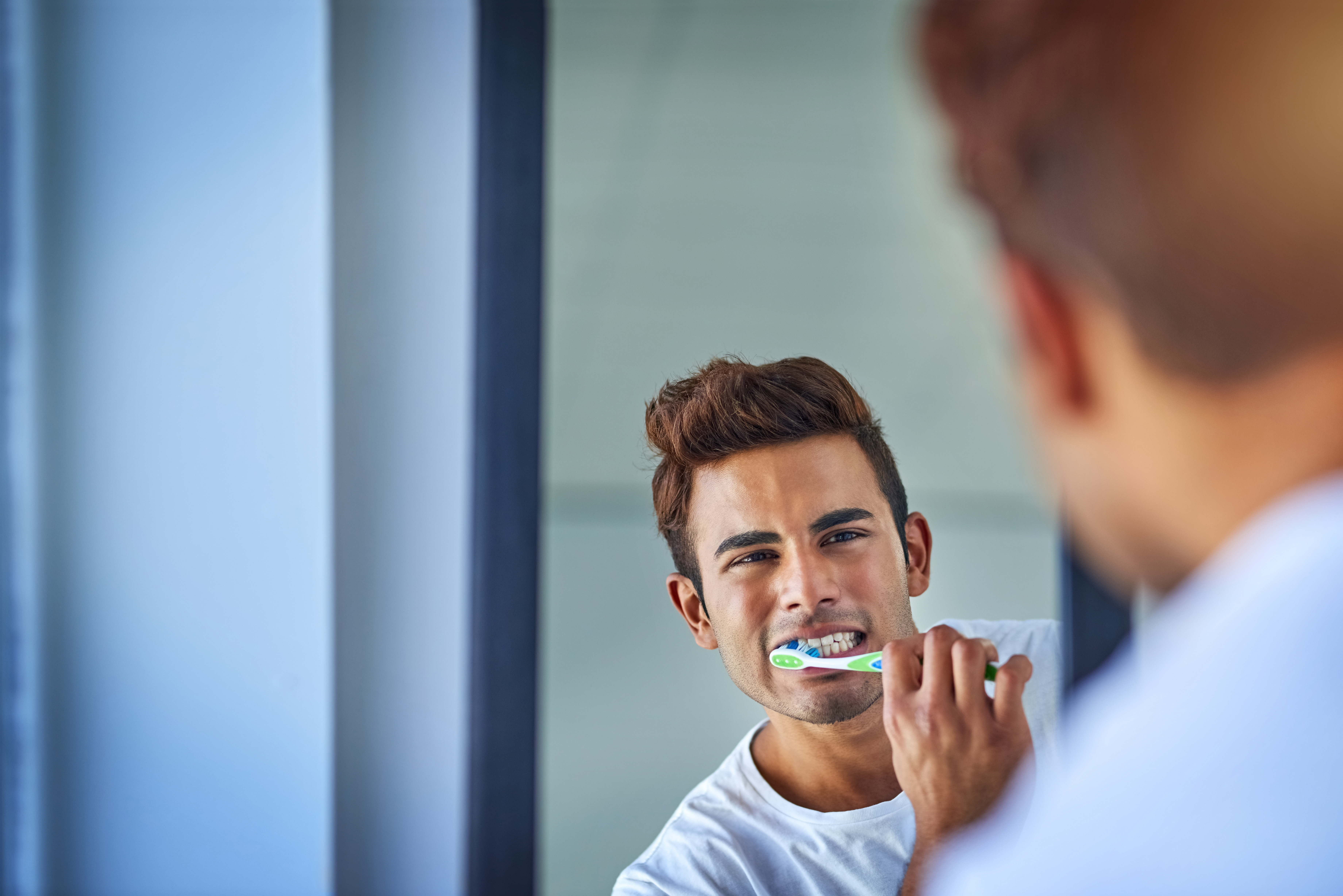
One of the most pervasive myths is that all oral bacteria are harmful. In reality, the oral microbiome comprises both beneficial and pathogenic bacteria. Beneficial bacteria play a critical role in maintaining oral health by competing with harmful microbes and aiding in digestion. Disrupting this balance can lead to oral diseases like gingivitis and periodontitis. Research highlights the importance of fostering a healthy oral microbiome through balanced diets and proper oral hygiene. Understanding that not all bacteria are foes allows us to adopt practices that nurture beneficial microbial communities, promoting overall health.
Myth 2: Good Oral Hygiene Eliminates All Bacteria
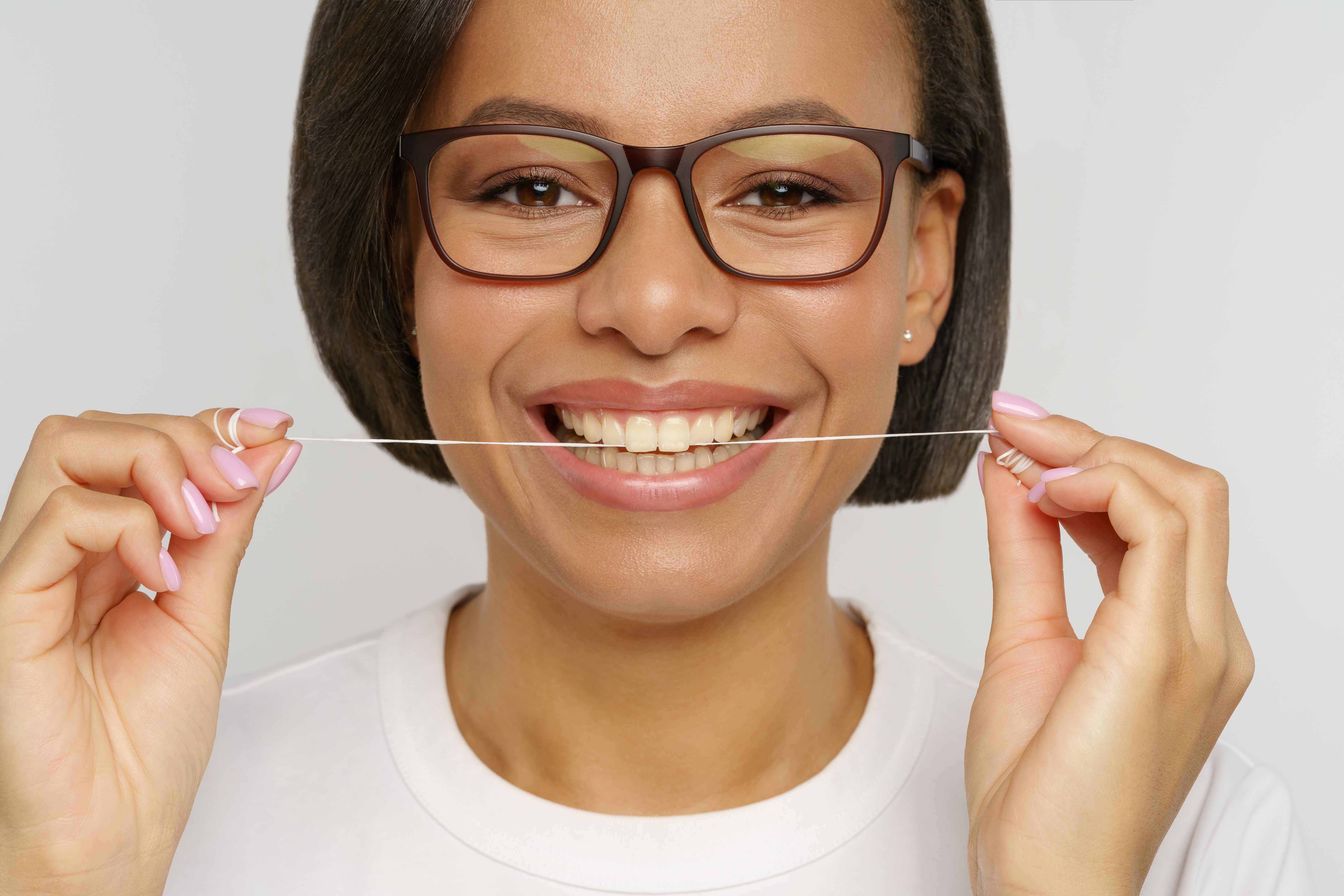
Many believe that good oral hygiene should eliminate all bacteria from the mouth. However, the goal of oral hygiene is not to eradicate bacteria but to maintain a balanced microbial environment. Over-sanitizing can disrupt this balance, potentially leading to an overgrowth of harmful bacteria. Studies suggest that using mild, non-alcoholic mouthwashes and avoiding excessive use of antimicrobial products can preserve beneficial bacteria. This nuanced approach to oral care emphasizes the importance of balance rather than eradication, aligning with the body's natural ecosystem and supporting long-term health.
Myth 3: Oral Health Is Separate from Overall Health
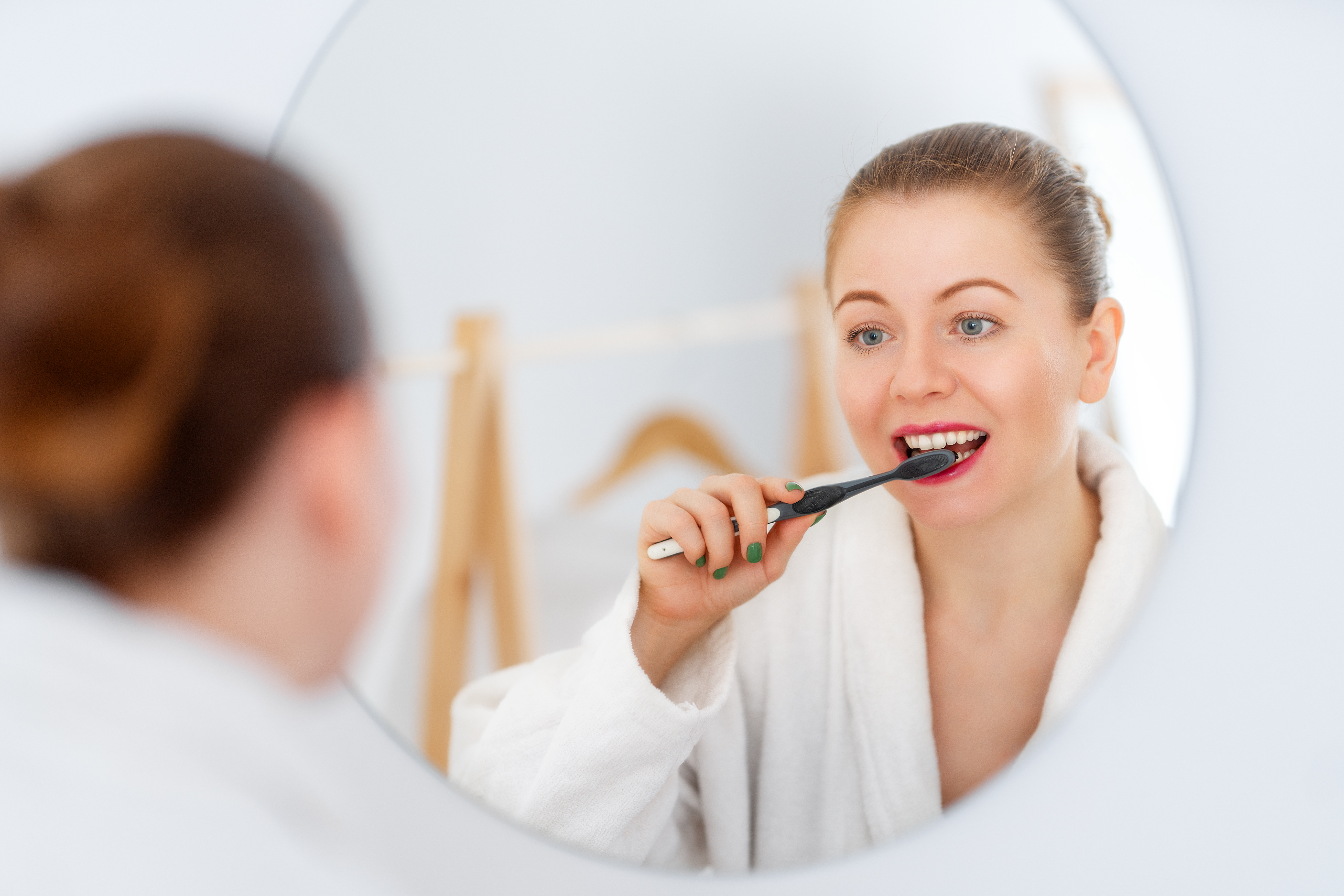
The myth that oral health is separate from overall health is gradually being dispelled as research uncovers links between oral and systemic conditions. The oral microbiome can influence diseases such as cardiovascular disease, diabetes, and even Alzheimer's. Inflammatory responses triggered by oral pathogens can have systemic effects, underscoring the interconnectedness of oral and overall health. Recognizing this relationship encourages a holistic approach to health care, where oral health is integral to maintaining overall well-being, highlighting the importance of comprehensive health strategies.
Myth 4: Sugar Is the Only Culprit in Oral Health Issues

While sugar is a well-known contributor to dental caries, it's not the sole factor affecting oral health. The interaction between dietary habits, oral hygiene, and genetic predispositions also plays a significant role. Fermentable carbohydrates and acidic foods can alter the oral microbiome, promoting harmful bacterial growth. Understanding the multifaceted nature of oral health issues allows for more effective prevention strategies. A diet rich in nutrients that support oral health, combined with regular dental check-ups, can significantly reduce the risk of oral diseases, debunking the notion that sugar is the only villain.
Myth 5: All Mouthwashes Are Created Equal
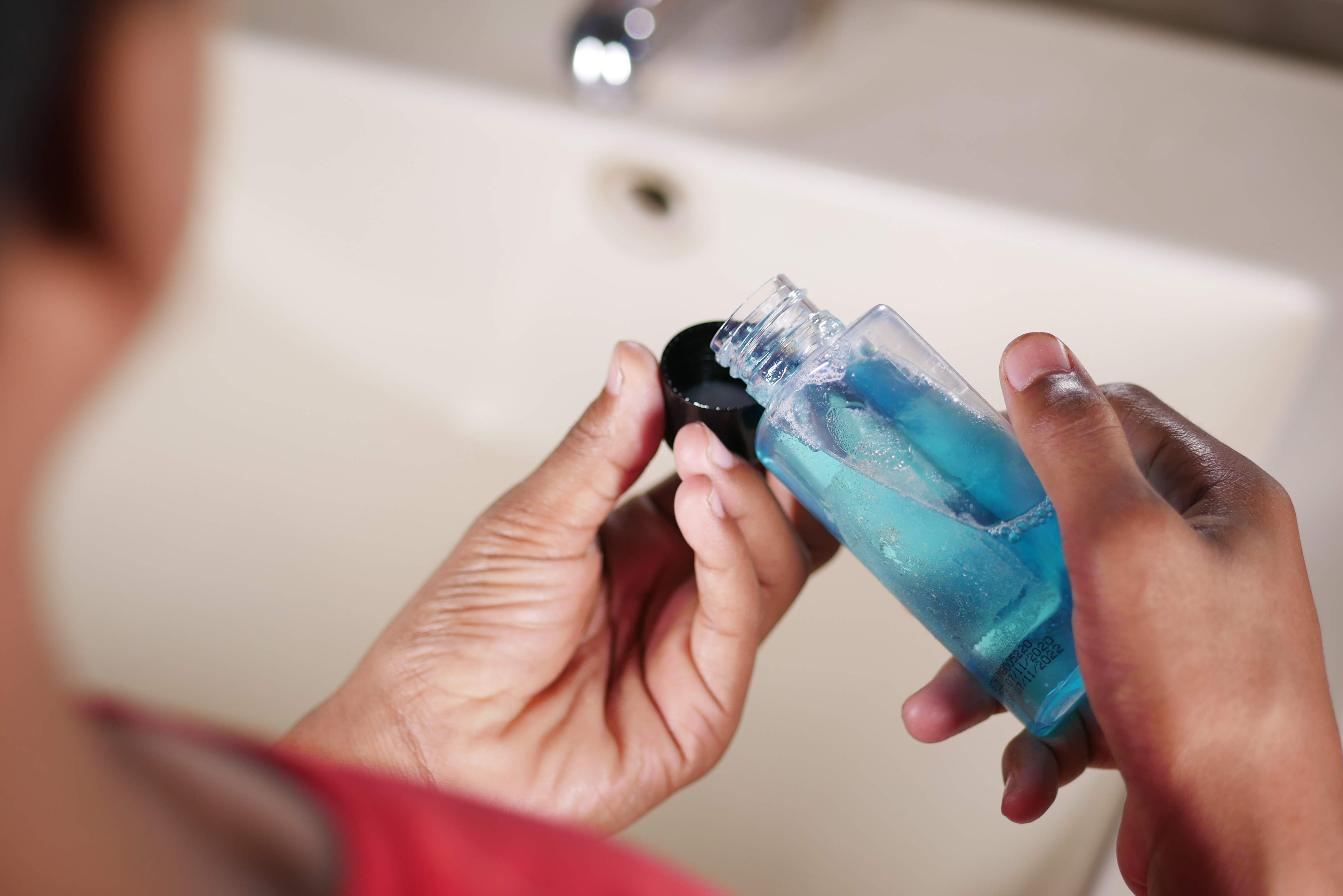
The belief that all mouthwashes are equally beneficial is misleading. Mouthwashes vary in their composition and purpose, with some designed to target specific oral health issues while others aim to freshen breath. Antiseptic mouthwashes may kill a broad spectrum of bacteria, potentially disrupting the oral microbiome. On the other hand, mouthwashes containing fluoride or xylitol can support oral health without harming beneficial bacteria. Selecting the right mouthwash involves understanding individual needs and the specific benefits of each formulation, ensuring that oral care products support rather than hinder microbial balance.
Myth 6: Brushing Alone Is Sufficient for Oral Health
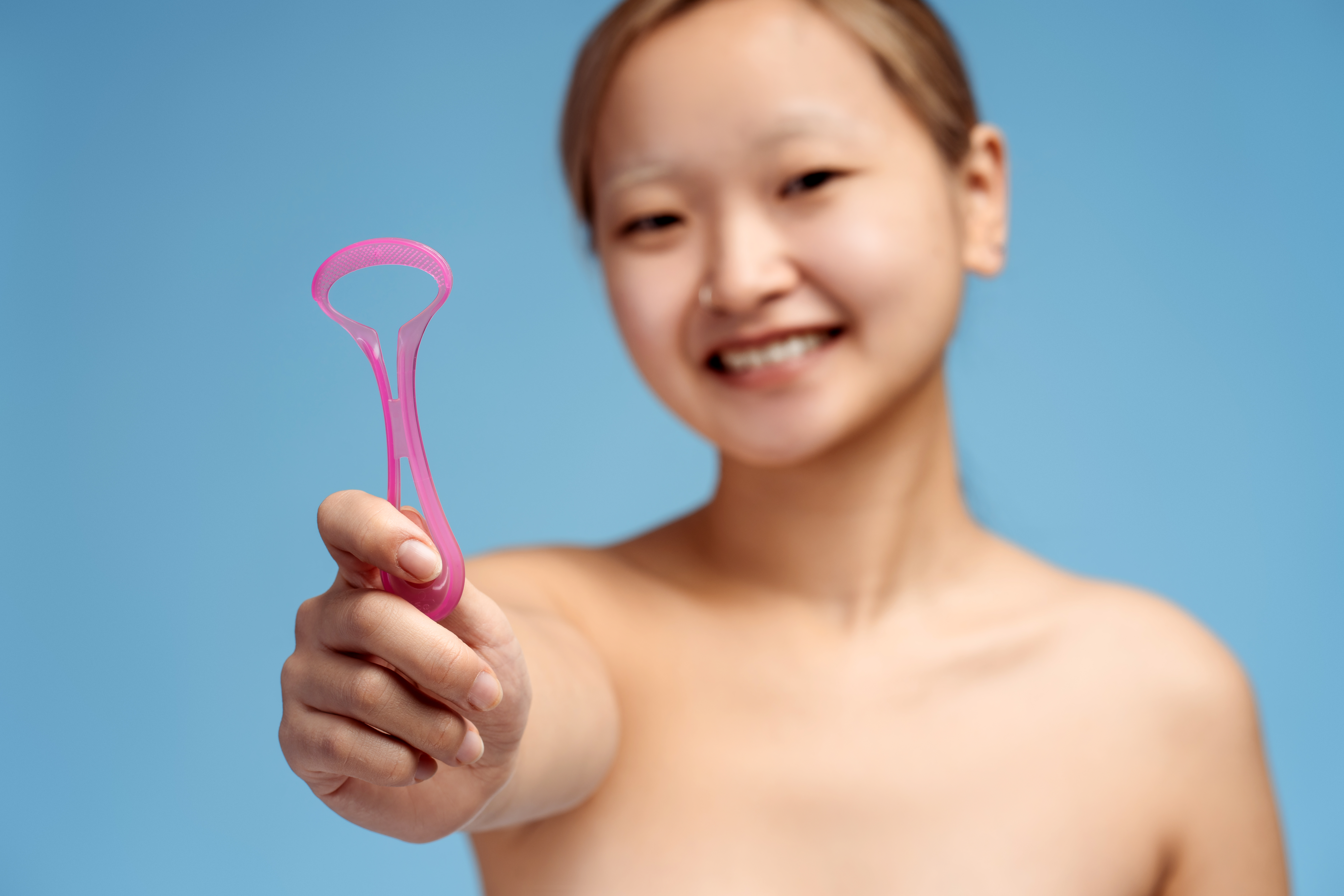
Brushing is essential for oral hygiene, but it's not sufficient on its own. Flossing and tongue cleaning are critical components of a comprehensive oral care routine. Flossing removes plaque and food particles between teeth that a toothbrush can't reach, while tongue cleaning reduces bacteria on the tongue's surface. These practices help maintain the delicate balance of the oral microbiome, preventing the overgrowth of harmful bacteria. A well-rounded oral hygiene routine, incorporating multiple methods of care, is vital for sustaining a healthy oral environment and, by extension, overall health.
Myth 7: Oral Health Issues Are Inevitable with Age
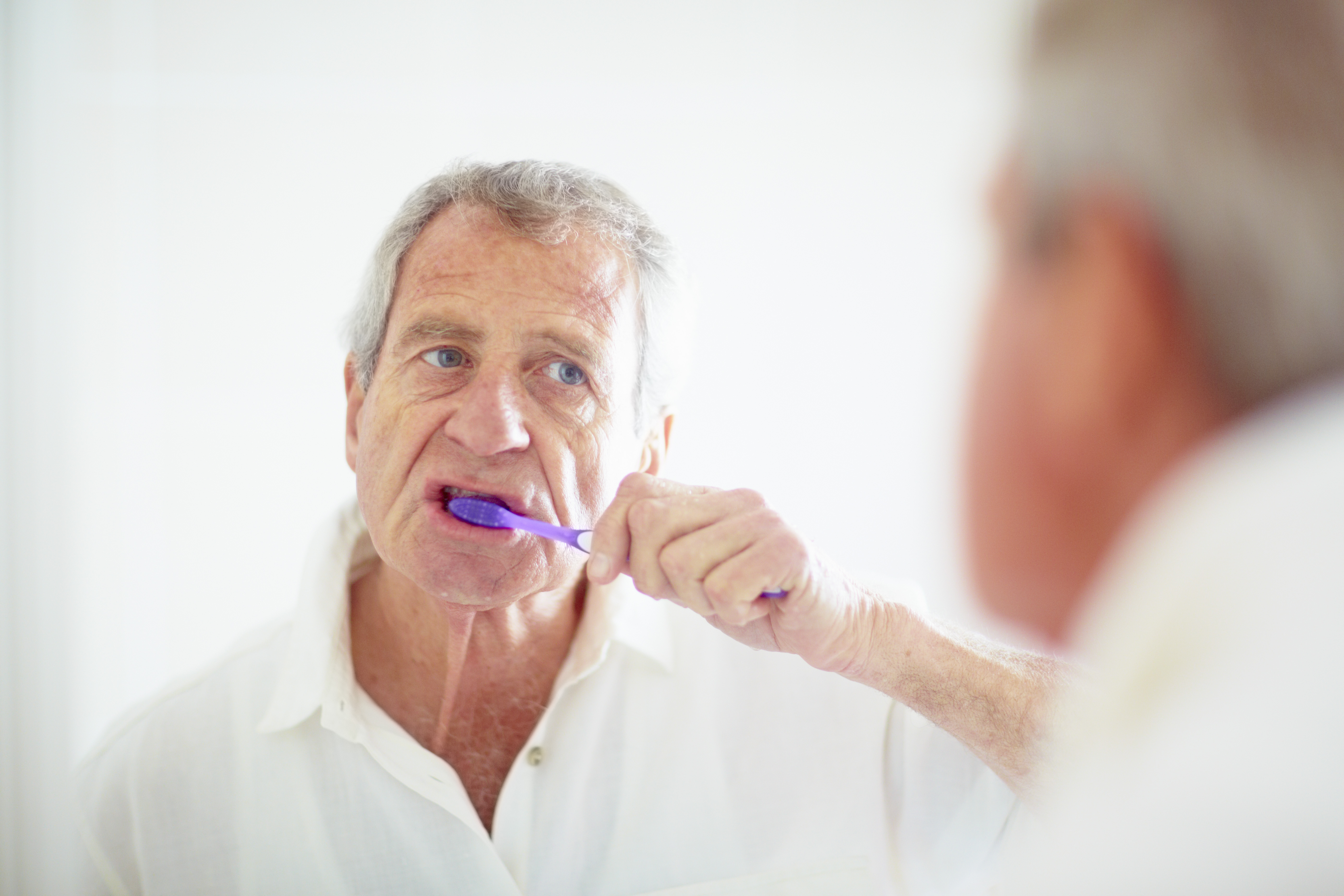
It's a common misconception that oral health issues are an unavoidable part of aging. While age-related changes can affect oral health, proactive care can mitigate these effects. Maintaining good oral hygiene, regular dental visits, and a healthy diet can preserve oral health well into old age. Additionally, advances in dental care and a better understanding of the oral microbiome provide tools to combat age-related oral health challenges. By adopting preventive measures and staying informed, individuals can maintain a healthy mouth throughout their lifetime, debunking the myth of inevitable decline.
Myth 8: Oral Probiotics Are Ineffective

Oral probiotics are often dismissed as ineffective, yet emerging research suggests they can play a supportive role in oral health. Probiotics introduce beneficial bacteria that can help restore balance within the oral microbiome, reducing the prevalence of pathogenic bacteria. Studies have shown that specific strains of probiotics can alleviate symptoms of gum disease and reduce plaque formation. While not a replacement for traditional oral care practices, probiotics can be a valuable adjunct, enhancing the body's natural defenses and promoting a healthier oral environment.
Myth 9: Bad Breath Is Always a Sign of Poor Hygiene
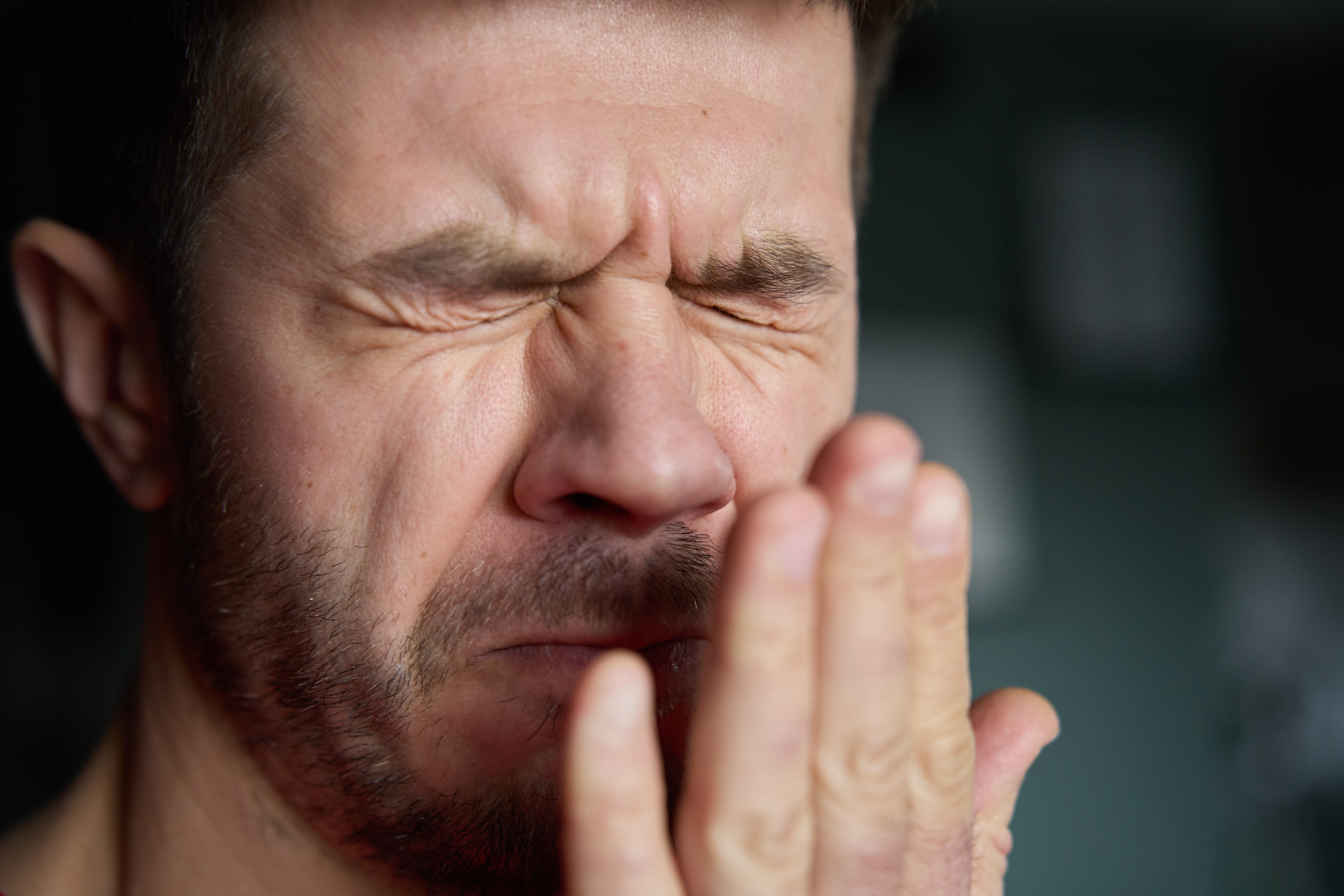
Bad breath, or halitosis, is often attributed solely to poor hygiene, but it can have multiple causes. While inadequate oral care can lead to bad breath, other factors such as diet, dehydration, and underlying health conditions can also contribute. Certain foods, like garlic and onions, release volatile compounds that cause temporary bad breath. Chronic halitosis may indicate systemic health issues that require medical attention. Understanding the diverse causes of bad breath allows for targeted interventions, ensuring effective management and improving social and personal well-being.
Myth 10: Natural Remedies Are Always Safe for Oral Health
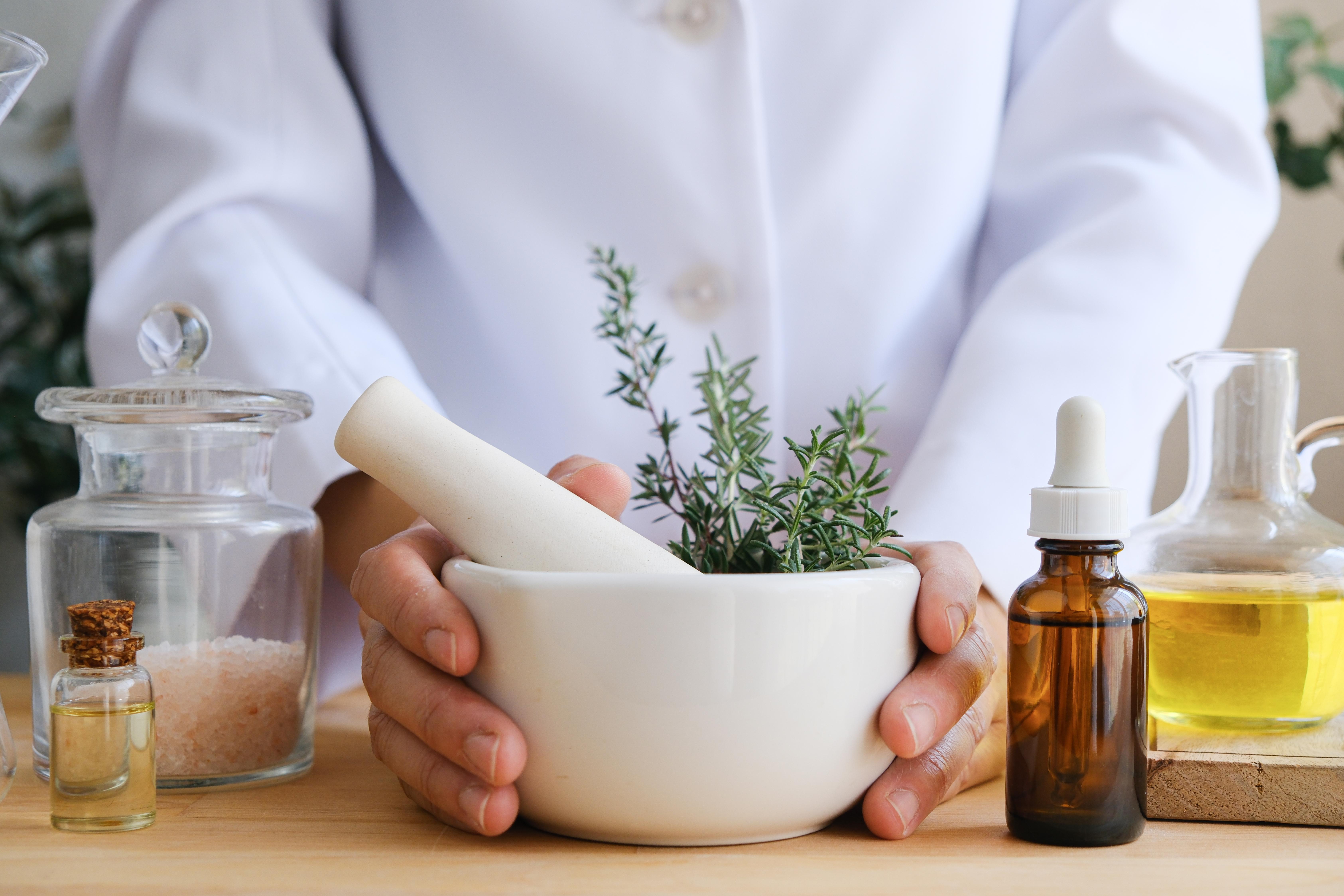
The allure of natural remedies for oral health is strong, but the assumption that they are always safe is misleading. Some natural substances can irritate oral tissues or disrupt the oral microbiome. For example, excessive use of baking soda can erode enamel, and undiluted essential oils may cause mucosal irritation. It's crucial to approach natural remedies with caution, considering scientific evidence and professional guidance. Integrating safe, effective natural practices with conventional oral care can enhance health outcomes, but indiscriminate use can pose risks, debunking the myth of inherent safety.
Myth 11: The Oral Microbiome Is Static
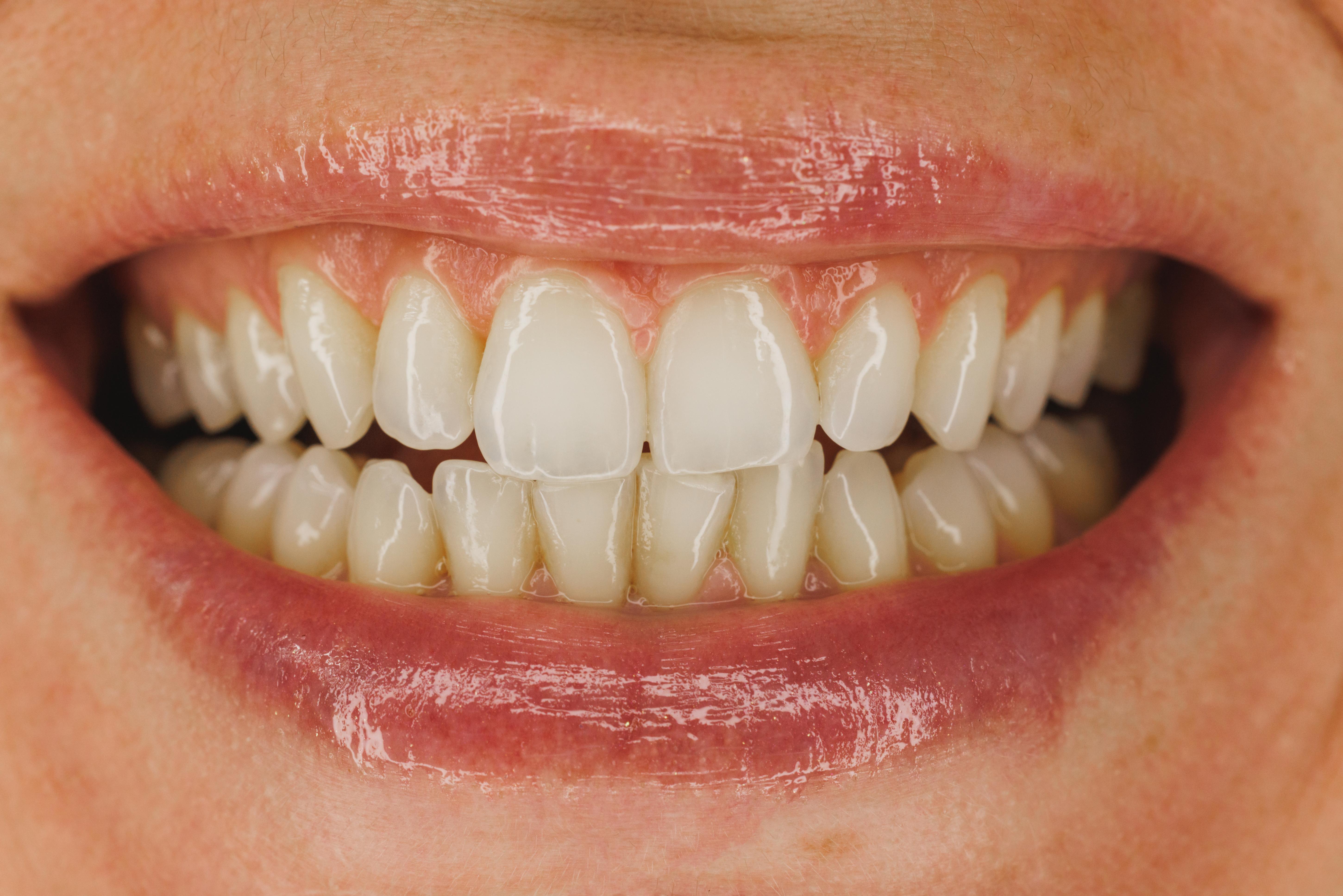
The oral microbiome is dynamic, influenced by diet, lifestyle, and environmental factors. Changes in these areas can rapidly alter the microbial composition in the mouth. For instance, dietary shifts from processed to whole foods can promote beneficial bacterial growth. Stress and hormonal changes can also impact the oral microbiome, highlighting its responsiveness to internal and external stimuli. Recognizing the oral microbiome's adaptability encourages proactive management through lifestyle choices and personalized care strategies, ensuring a resilient and balanced microbial community that supports long-term health.
Embracing the Truth for Better Health
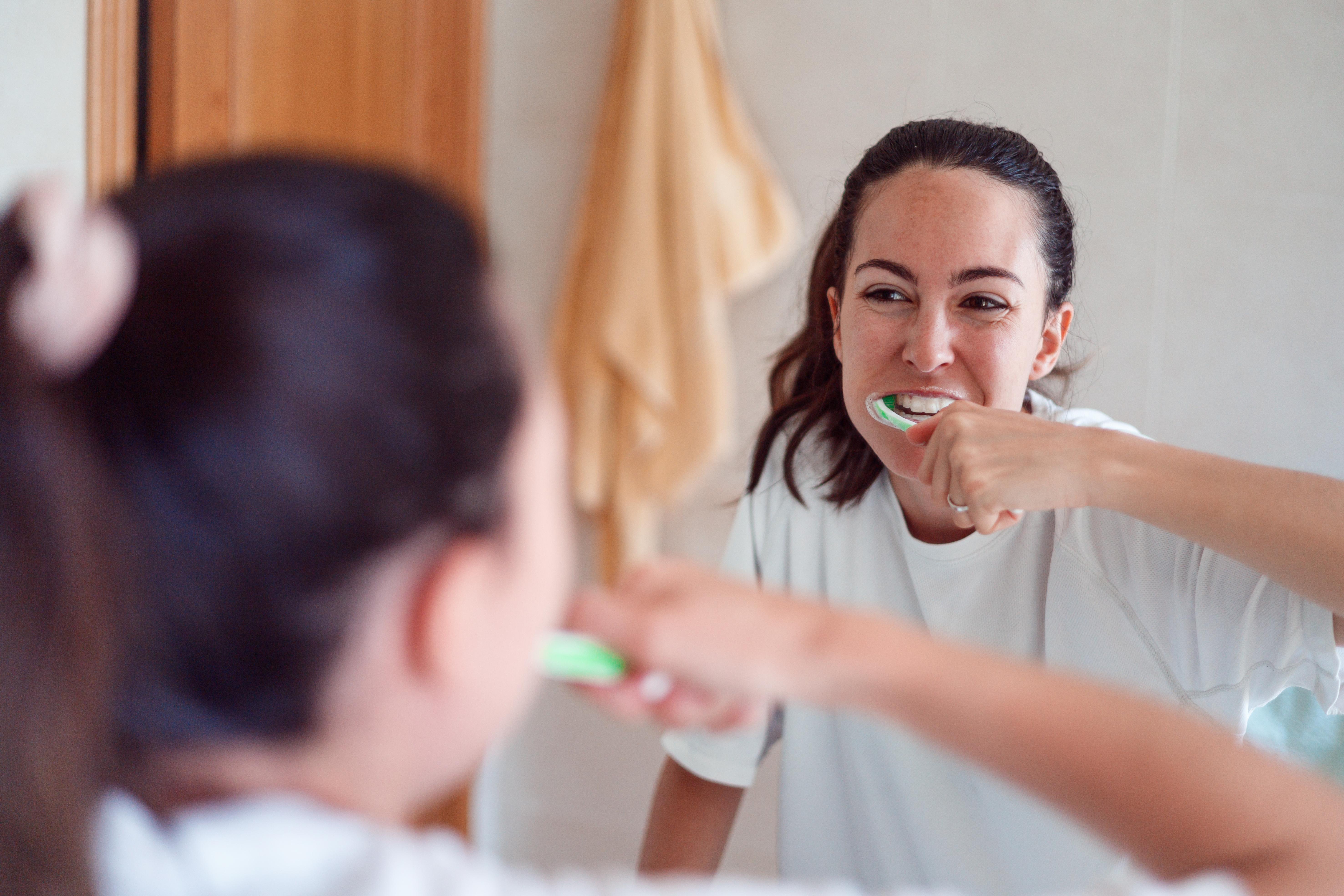
The truth about your oral microbiome isn’t just enlightening—it’s transformative. Behind every myth we’ve debunked lies a simple yet powerful realization: your mouth is more than a starting point for digestion or conversation—it’s a frontline for your whole-body health. By understanding how this ecosystem actually works, you’re not just brushing smarter—you’re thinking smarter. You’re shifting from fear-based routines to evidence-based care. The goal isn’t to sterilize your mouth, but to support the balance that keeps your immune system, heart, and brain thriving. These microbes aren’t enemies—they’re collaborators. And by giving them what they need to flourish, you’re investing in long-term vitality from the inside out. So as you close this page, don’t just walk away with facts—walk away with a mindset shift. Because real wellness starts where we least expect it: in the microscopic conversations happening between every smile, bite, and breath.
